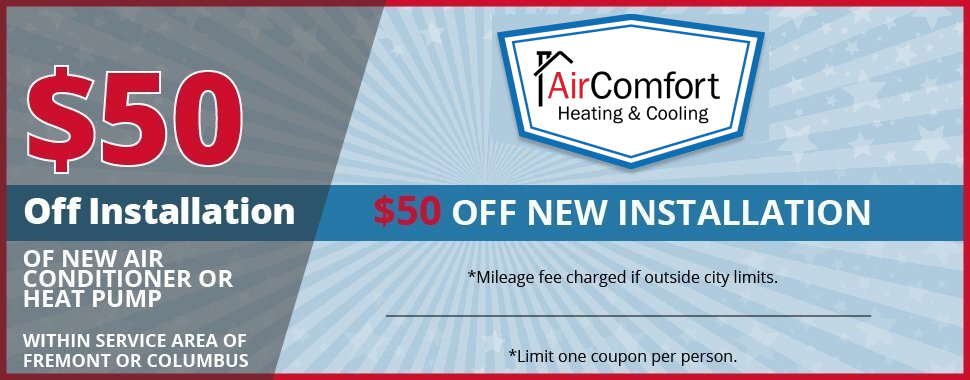Ductwork is a vital part of your home’s heating and cooling. Unfortunately, because it’s mostly hidden, we tend to forget about it. But ductwork problems can cause high energy bills and issues with heating and cooling.
Here are some issues that ductwork might have and how to deal with them:
Leakage
If your ducts aren’t properly airtight, you’ll lose air to the surrounding spaces. That means energy loss, since you’ll have to turn up your furnace to get a comfortable temperature. You’ll also have uncomfortable rooms where there’s not enough air to heat (or cool) them.
Finding leaks can be tricky since most of the ductwork is hidden. You can take care of exposed ductwork in the mechanical room, for example. Use a duct sealant like mastic or Underwriter’s Laboratories (UL) certified aluminum tape to seal the leak.
Dust, allergen, and germ buildup
Ducts can circulate dust throughout your house. This results in poor indoor air quality and can get your family sick. Winter colds are bad enough without dust aggravating your symptoms.
Have professionals clean out your ductwork every few years. The frequency will depend on whether you have allergies, pets or live in a dusty area.
Poor sizing
Air flow distribution depends on ductwork sizing. Even with dampers, ducts must be correctly sized for the amount of air needed to condition a space. Get this wrong and you’ll have to deal with discomfort during both seasons.
If you notice some rooms consistently hot in summer and cold in winter, get a professional to assess your duct sizing. You might have to replace and rebalance portions of your ductwork system.
Poor layout
If you have duct runs that are too long, the pressure drops in the system will reduce the amount of air reaching the grilles. Similarly, if the ductwork has too many elbows and branch take-offs, the losses will interfere with your airflows.
As with sizing, get a professional to review your ductwork to see how it can be simplified.
No insulation (or not enough)
Some of your ductwork might be routed through unheated spaces, like the attic. Ideally, you want to avoid this situation but it’s not always possible. Losses through these spaces can cost you hundreds on your energy bill annually.
Make sure your ductwork is insulated and verify the condition of your existing insulation. You can add another layer of insulation to ductwork in unheated spaces to save more energy.
For the optimum ductwork that keeps your home’s temperature just right, give us a call and we can
help you deal with any issues you may have.



